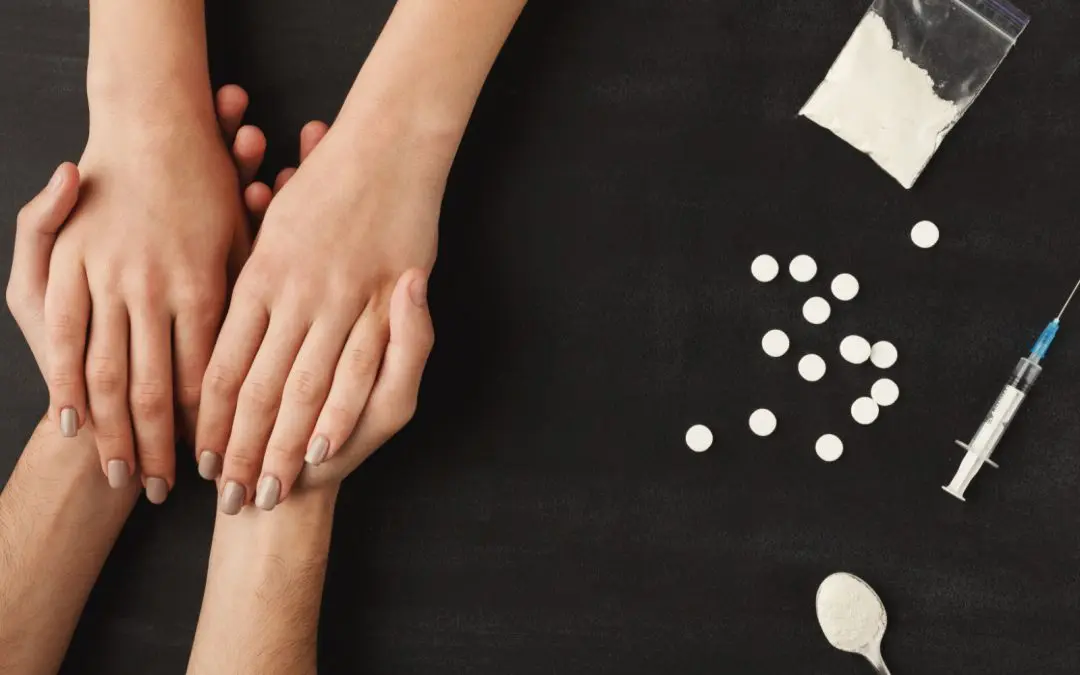24/7 Helpline:
(866) 899-111424/7 Helpline:
(866) 899-1114
Learn more about Morphine Rehab centers in Deer Lodge County
Morphine Rehab in Other Counties













Western Montana Mental Health Center – Deer Lodge County
Western Montana Mental Health Center – Deer Lodge County is a private rehab located in Anaconda, Mon...









Other Insurance Options

GEHA

WellPoint

WellCare Health Plans

Group Health Incorporated

Health Choice

Horizon Healthcare Service

CareSource

BHS | Behavioral Health Systems

ComPsych

Ceridian

Evernorth

PHCS Network

Aetna

Ambetter

Carleon

Multiplan

EmblemHealth

Oxford

Optima

Molina Healthcare